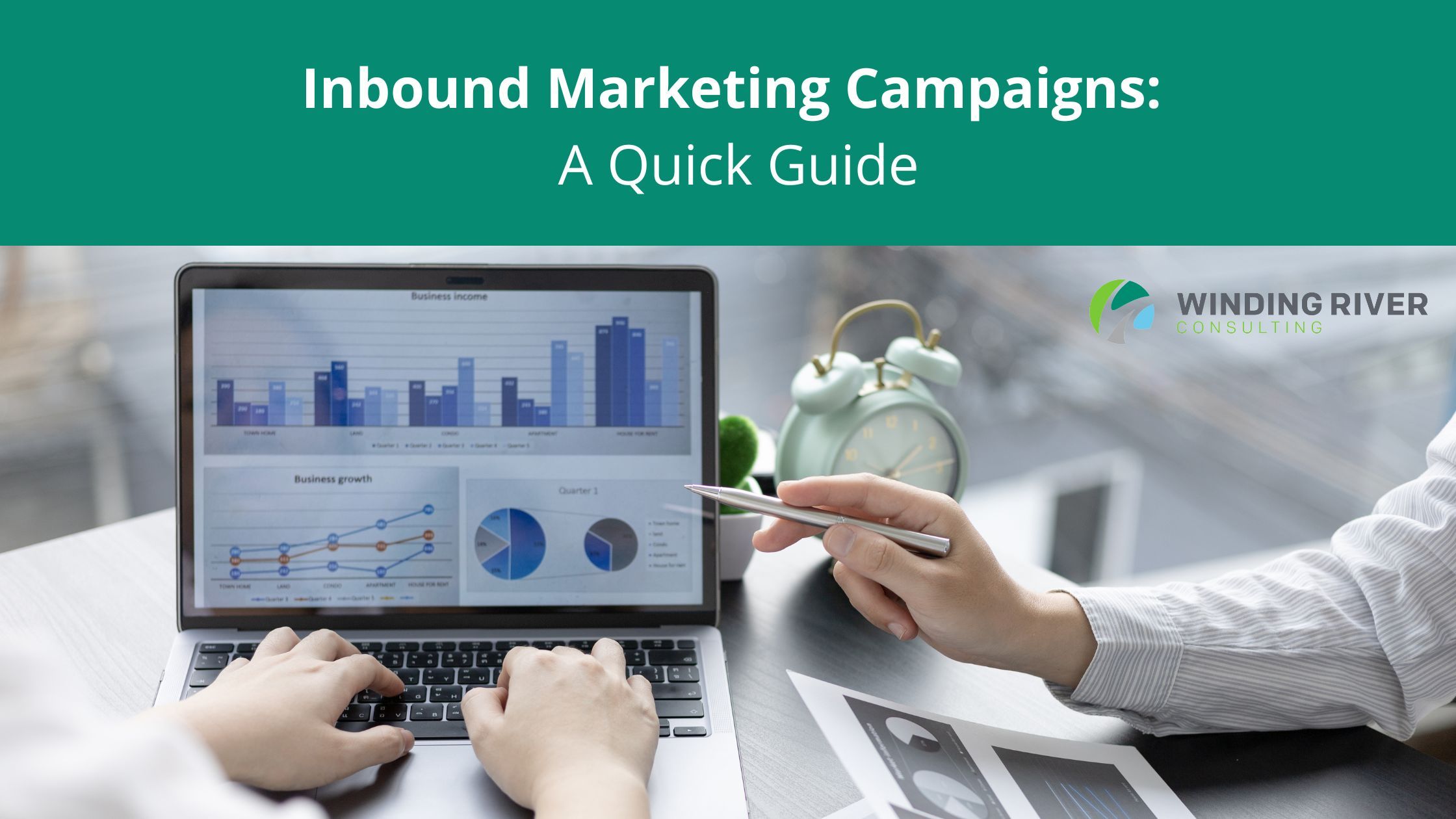3 min read
The Biggest Mistakes New Partners Make and How to Overcome Them
Welcome to the partnership table—where the stakes are higher, the coffee is stronger, and the decisions are bigger. You’ve officially earned your...

David empowers firms to grow strategically by aligning innovation, insight, and execution. He leads WRC’s signature programs and advises firm leaders on M&A, digital growth, and leadership development.
Table of Contents

In an era where the buzz of incoming emails is as constant as the ticking of a clock, the concept of achieving 'Inbox Zero' might seem as mythical as finding a unicorn in your backyard. Yet, as daunting as it may appear, some argue that this digital nirvana is not only achievable but essential for peak productivity and mental clarity. Is it really possible, or have we become too accustomed to the never-ending stream of messages? Let's dive in.
In 2021, the average professional was estimated to receive around 121 emails per day and send about 40. With numbers like these, it's no wonder that the quest for 'Inbox Zero' feels like an uphill battle. Yet, the principle behind 'Inbox Zero' isn't just about having no emails in your inbox; it's about mastering your digital communication to ensure it doesn't master you.
So, how does one conquer the Everest of emails? Here are a few strategies that not only aim to minimize your inbox count but also to enhance your overall productivity and peace of mind:
Achieving 'Inbox Zero' is more than just an organizational victory; it’s a psychological one. The clutter of unaddressed emails can lead to increased stress and decreased productivity. Conversely, a clean inbox can boost your sense of control and accomplishment, leading to a more focused and calm mind. Figure out what zen feels like to you, and set that as your goal.
But here lies the ultimate question: Is 'Inbox Zero' a goal worth the effort, or is it an unrealistic standard in our hyper-connected world? While the answer might vary from one individual to another, striving for a more organized and intentional approach to our digital communications is undoubtedly beneficial.
So, I turn the question over to you: Is 'Inbox Zero' an achievable dream or a futile pursuit in the age of endless emails? Share your thoughts, strategies, or experiences in the comments below. Let’s demystify this digital phenomenon together.

3 min read
Welcome to the partnership table—where the stakes are higher, the coffee is stronger, and the decisions are bigger. You’ve officially earned your...
![How Much Does Inbound Marketing Cost in 2024? [Comprehensive Guide]](https://windingriverconsulting.com/hubfs/Imported_Blog_Media/WRC-Blog-Header-Image.jpg)
14 min read
Question: How much does inbound marketing cost in 2024? Answer: Effective inbound marketing should cost 10-13% of a company’s annual revenue. Take...

4 min read
As a firm leader, you know how important marketing is to the continued success of your practice. You’re cognizant of the fact that the digital...